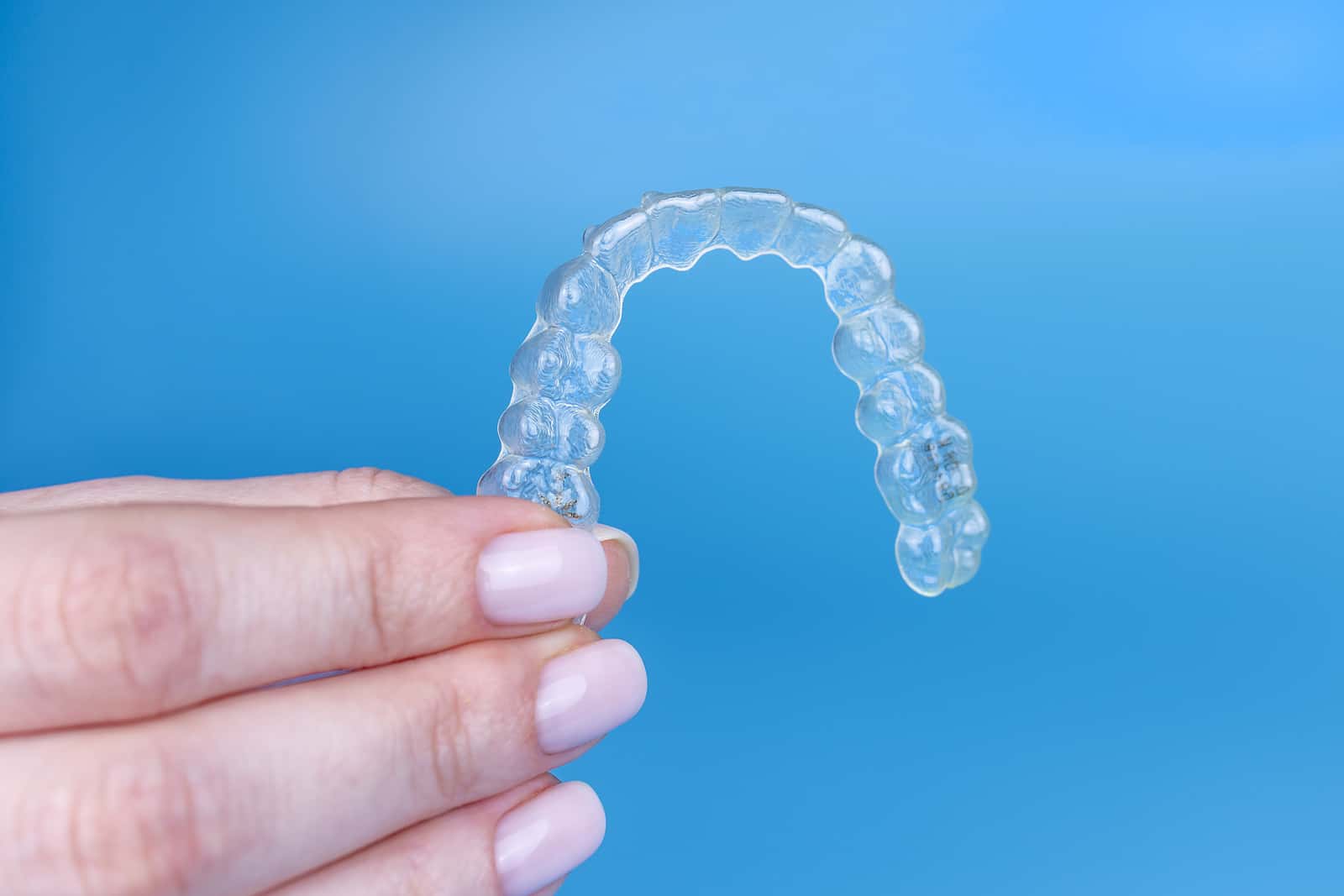
Are your bones strong and healthy? Or have they begun to weaken? As we age, many of us develop osteoporosis, a condition that leaves our bones porous and at risk of fractures. To address this problem, doctors prescribe medications to slow bone loss, particularly alendronate (Fosamax). They may warn patients about the potential for digestive tract irritation, which is not uncommon, or even osteonecrosis of the jaw, although it is rare. We had never heard that alendronate complicates orthodontic correction until a reader alerted us.
Alendronate Interferes With Orthodontic Treatment:
Q. I’m two years into my second course of alendronate (Fosamax). I thought all I had to think about was to take it once a week first thing, stay upright and not eat for 30 minutes.
Recently, after a dental complication, I consulted an orthodontist. There I learned that alendronate and orthodontics don’t go that well together. Tooth movement takes longer and may not be satisfactory.
A. Thank you for the alert. We suspect that many people on this osteoporosis treatment are not aware of this complication. Most people who need orthodontic treatment (“braces”) are adolescents or young adults. On the other hand, those taking bisphosphonates such as alendronates are usually many decades older than that. Still, there are occasionally times when someone would need both treatments, as you did.
What Do Scientific Studies Show?
Research conducted on rats confirmed that alendronate interferes with orthodontic tooth movement (American Journal of Orthodontics and Dentofacial Orthopedics, Dec. 2009; Orthodontics & Craniofacial Research, Feb. 2021).
Alendronate and Osteonecrosis of the Jaw:
There is another dental concern with osteoporosis medications in this class (bisphosphonates): medication-related osteonecrosis of the jaw (MRONJ). In this condition, bone tissue in the jaw dies. Although rare, it is linked to dental extraction in people taking such drugs (Oral Diseases, Aug. 17, 2021). People taking intravenous bisphosphonates such as zoledronic acid (Reclast or Zometa) have higher rates of this very serious complication than those taking oral medicines like alendronate.
Citations
- Karras JC et al, "Effect of alendronate on orthodontic tooth movement in rats." American Journal of Orthodontics and Dentofacial Orthopedics, Dec. 2009. DOI: 10.1016/j.ajodo.2007.11.035
- Lassi de Araújo Lopez L et al, "Microtomographic analysis of the effect of sodium alendronate on orthodontic movement in rats." Orthodontics & Craniofacial Research, Feb. 2021. DOI: 10.1111/ocr.12410
- Ives Martins LH et al, "Frequency of osteonecrosis in bisphosphonate users submitted to dental procedures: A systematic review." Oral Diseases, Aug. 17, 2021. DOI: 10.1111/odi.14003

